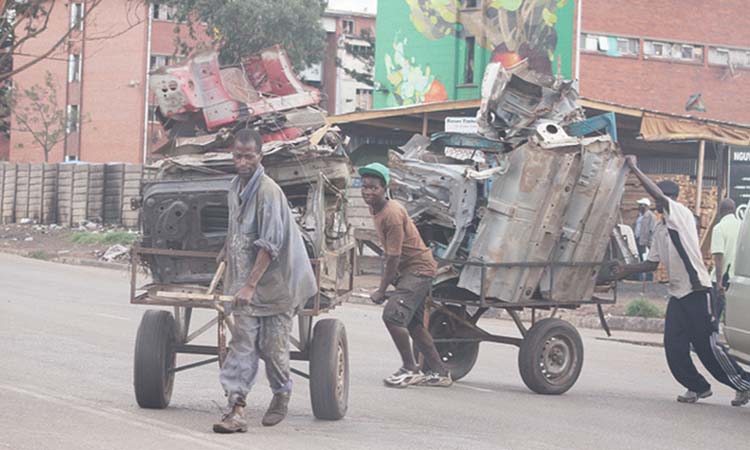Govt ends Rushinga water woes

Daniel Chigunwe
Herald Correspondent
Government, through the Ministry of Lands, Agriculture, Fisheries, Water and Rural Resettlement recently commissioned the Chimhanda water treatment plant after its refurbishment by the Zimbabwe National Water Authority (ZINWA), bringing an end to water challenges that have been dogging Rushinga district.
Apart from bringing relief to the people of Chimhanda township, the commissioning of the $57,2 million plant will also benefit residents of Nyamatikiti, also in Rushinga.
The refurbishment included the replacement of dilapidated 25-year-old asbestos pipes with PVC pipes.
District information officer Kudakwashe Vhenge said because of obsolete infrastructure and vandalism, water supplies to Rushinga had been seriously compromised, leading to tight water management regimes.
“The completion of the rehabilitation work is set to boost water availability and came as a huge relief for over 20 000 households in Rushinga. Minister (Anxious) Masuka instructed ZINWA engineers to ensure that 19 villages, through which the newly placed water pipes run, have equal access to the precious liquid,” said Vhenge.
Rushinga district is very dry and was in need of investment in the development of water treatment and reticulation systems.
A resident, Brian Masango, said water supply had been erratic because of old infrastructure and the growing population in Rushinga.
“We are glad that this commissioning of the new plant is a solution to this problem. For the past 10 years, water supply has been erratic because of old infrastructure which caused the pipes to burst frequently.
“This has been worsened by the continuing population growth in the district,” he said. Shinemore Madondo, a committee member at Rushinga growth point vegetable market, said water availability would enable traders and customers to wash fruits and vegetables and improve the state of public ablution facilities.
“This development will go a long way in maintaining hygiene at our vegetable market as we interact with a lot of people, including travellers who use these toilets.
“Water availability will ensure that we won’t have to buy water like we used to do,” she said
Some villagers had vandalised the infrastructure to get water for livestock during the dry season.
“During summer times, people would break pipes to get water for their livestock since water would be scarce during this time of the year.
“This would affect water availability at the growth point and we would then resort to fetching water from boreholes in the villages, sometimes creating conflicts with villagers,” said Farai Chibatarongo of Chimhanda township.









Comments